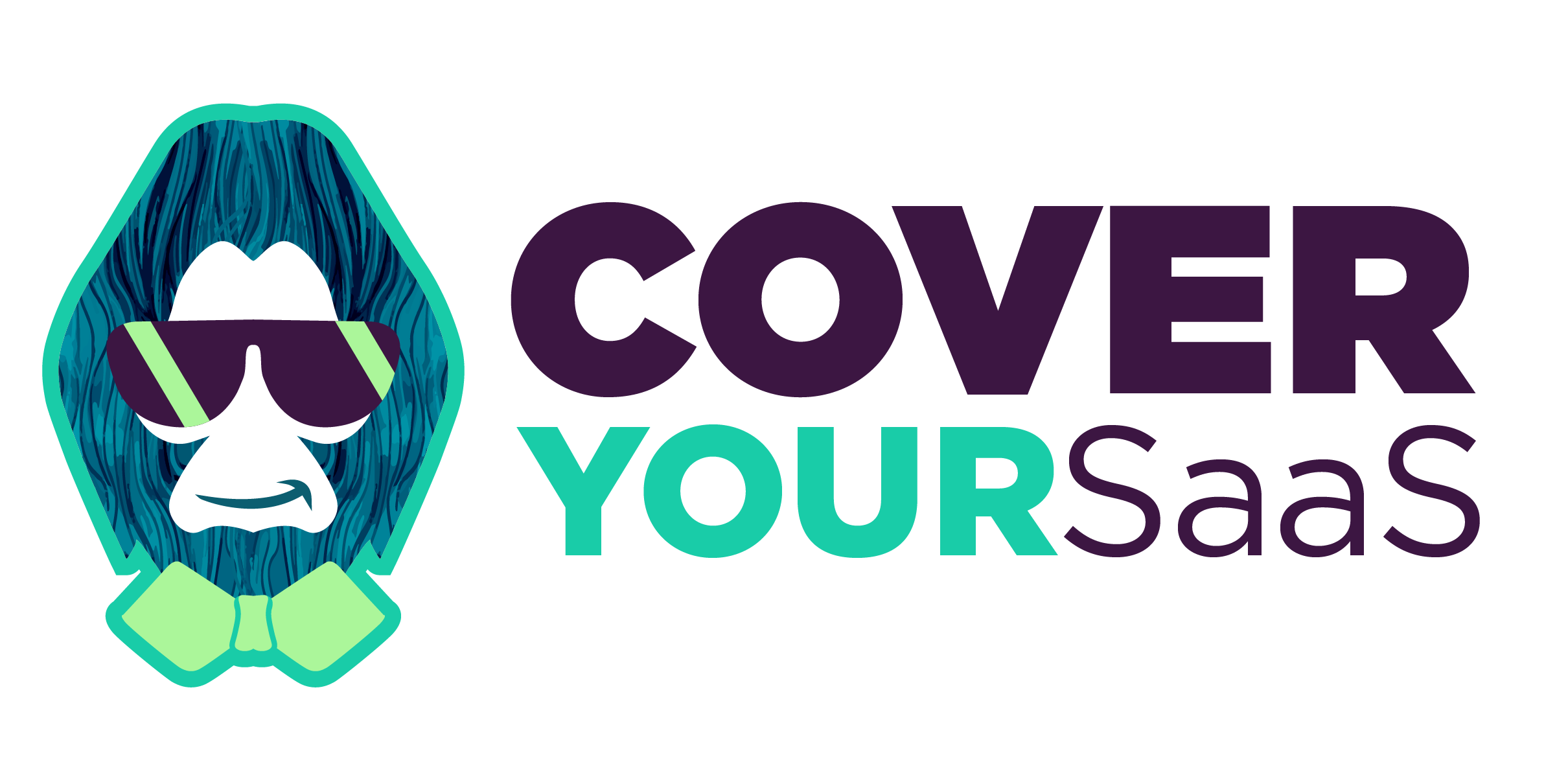Business insurance for SaaS companies helps founders protect their investors, clients, employees, property, and the company from liability and lawsuits as their SaaS expands. What type of insurance do you need, when, and why? The following list covers the most typical insurance policies at each phase of your SaaS company development.
Fundraising:
Investors often require that you limit their liability, whether you’ve raised a seed round or a Series D. Here are some examples of insurance that investors may require:
- Directors & Officers (D&O)
- Crime Insurance
- Key Person
You Have Customers:
When you get new customers, your SaaS is responsible for protecting their data and information. Your product may also be liable for any financial losses it causes if it fails or experiences downtime. Here are some coverages you will need:
- Technology Errors & Omissions (Tech E&O)
- Cyber Liability
You Have Employees:
As a SaaS company’s workforce increases, protecting your company and workforce against wrongful termination claims, workplace harassment claims, wage and hour disputes, accidents, and illnesses is crucial. These types of insurance should be in place:
- Employment Practices Liability (EPL)
- Workers Compensation
- Fiduciary Liability
You Have A Lease Or Bank Account:
Banks and landlords typically require insurance to cover your assets, your business, and their liability if you are signing a business lease, starting a business banking account, or requesting a business loan. These are the types of insurance that are required by both institutions:
- General Liability
- Business Owners Policy (BOP)
